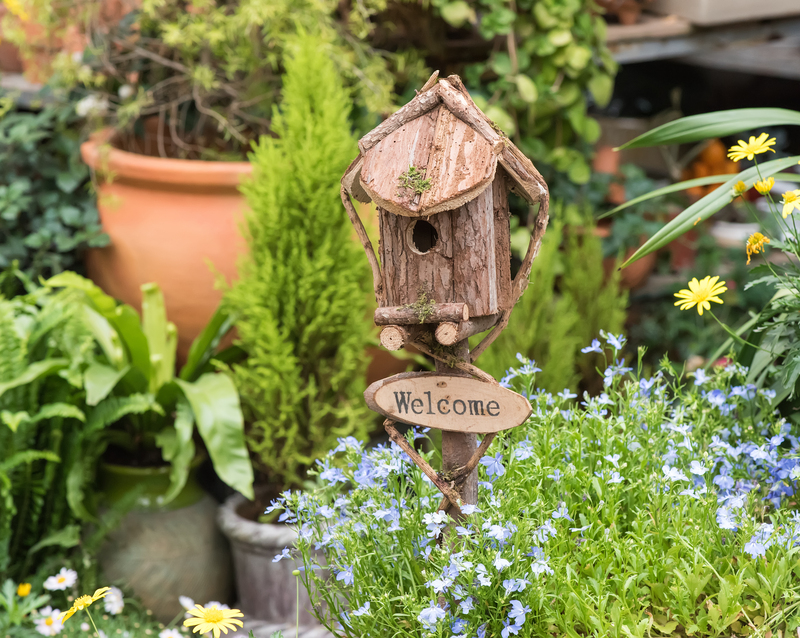What to Do When Garbage Collection is Missed
Garbage collection is an essential service that helps maintain cleanliness and hygiene in our communities. However, there are times when garbage collection may be missed due to unforeseen circumstances, such as holidays, severe weather, or logistical issues. If you find yourself in this predicament, there are several steps you can take to ensure your waste is properly managed.
Understanding Why Garbage Collection Was Missed
Before taking action, it's crucial to understand why your garbage collection was missed. This information can help you address the issue more effectively and prevent it from happening in the future.
Possible Reasons for Missed Garbage Collection
- Weather Conditions: Severe weather events such as snowstorms, hurricanes, or floods can delay or cancel garbage collection services.
- Holidays: Public holidays often impact regular garbage collection schedules, leading to a missed pick-up.
- Operational Issues: Shortages of crew, broken down trucks, or other operational challenges can cause delays.
- Route Changes: Periodic changes to collection routes might affect the service schedule, leading to a missed collection.

Steps to Take When Garbage Collection is Missed
Once you've identified the reason behind the missed garbage collection, here are some effective actions you can take:
Check with Your Local Waste Management Service
Start by contacting your local garbage collection service. Many municipalities have customer service hotlines or websites where you can report missed collections. Provide them with details, such as your address and the regular collection schedule, to expedite a solution.
Verify the Collection Schedule
In situations involving holidays or route changes, it's wise to verify the collection schedule. Most waste management services publish their collection schedules online. Ensure you have the latest information to avoid future issues.
Proper Waste Management at Home
While waiting for the next collection, it's essential to manage your waste responsibly:
- Separating Waste: Separate recyclables from general waste to minimize overflow and help with sorting during the next collection.
- Composting: Create a compost heap or bin for organic waste, such as food scraps and yard waste. This reduces the amount of waste needing collection.
- Reducing Waste: Implement waste reduction strategies like reusable products and recycling to decrease the amount of refuse.
Consider Temporary Storage Solutions
Securely storing your garbage until the next collection is essential to avoid nuisance and health risks:
- Use Trash Bags: Buy heavy-duty trash bags to prevent leaks and odors from loose garbage.
- Seal Lids Tightly: If possible, ensure garbage bins are kept closed to deter pests.
- Store in a Safe Place: Keep the garbage out of direct sunlight to reduce bad odors and in a location where it won't attract animals.

How to Prevent Future Missed Collections
To avoid recurring issues with your garbage collection, consider the following proactive measures:
Engage with Your Service Provider
Maintain an open line of communication with your garbage collection service. Sign up for service alerts or notifications so that you're informed of any changes to your regular schedule.
Educate Your Household
Ensure everyone in your household understands the importance of waste management and knows what to do in the event of a missed collection. Encourage participation in your community's recycling and waste management programs.
Advocate for Community Action
If missed collections are frequent, consider organizing a community meeting to discuss solutions with local authorities. Community support can prompt improvements in service scheduling and infrastructure.
Final Thoughts
Handling missed garbage collections effectively requires a combination of communication, proper planning, and proactive waste management strategies. By taking the appropriate steps and engaging with your local waste management services, you can help ensure a clean and healthy environment despite scheduling hiccups. Remember, effective waste management starts at home, and your efforts can make a significant impact on your community.